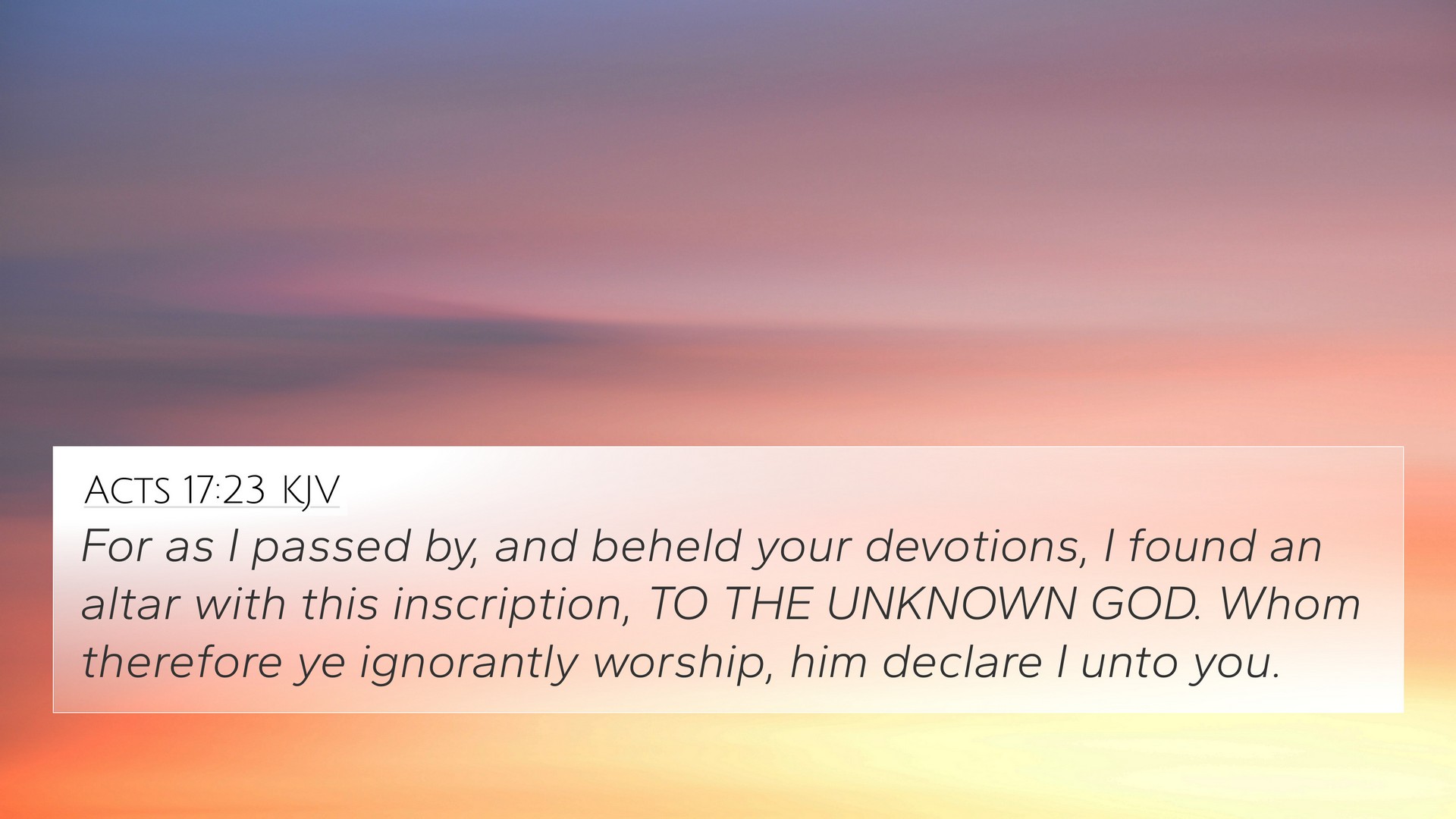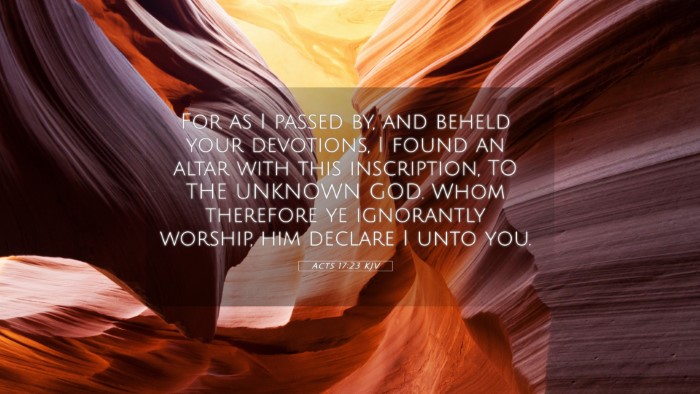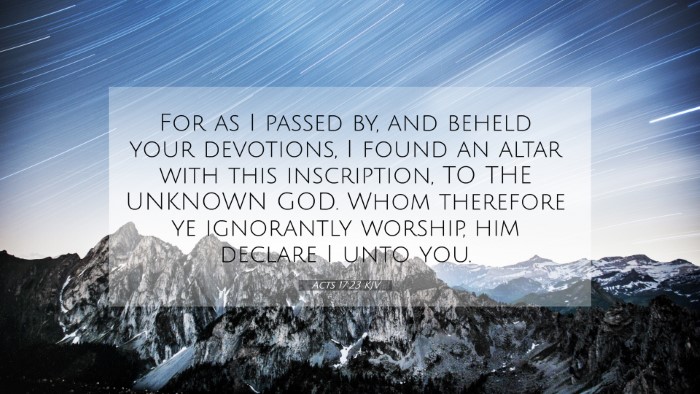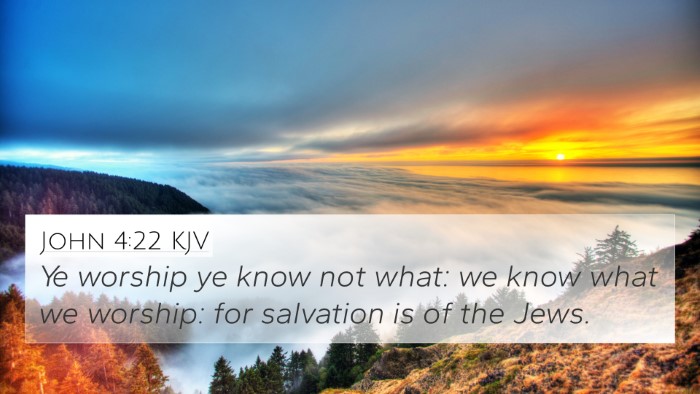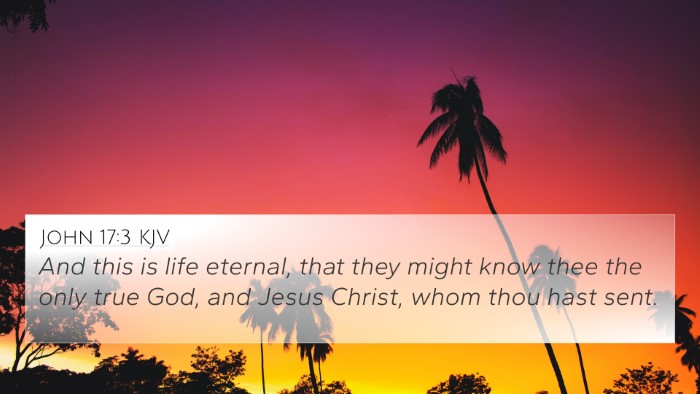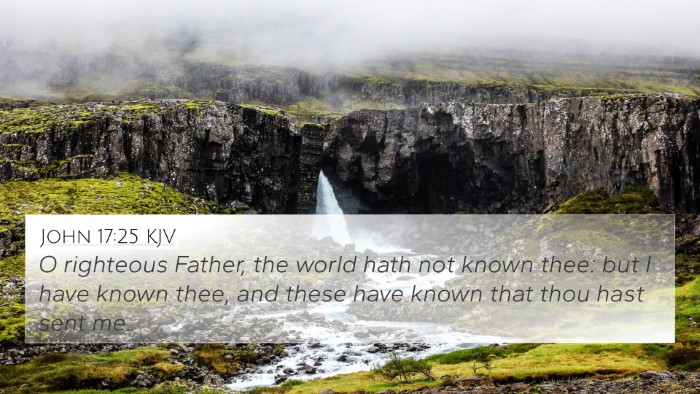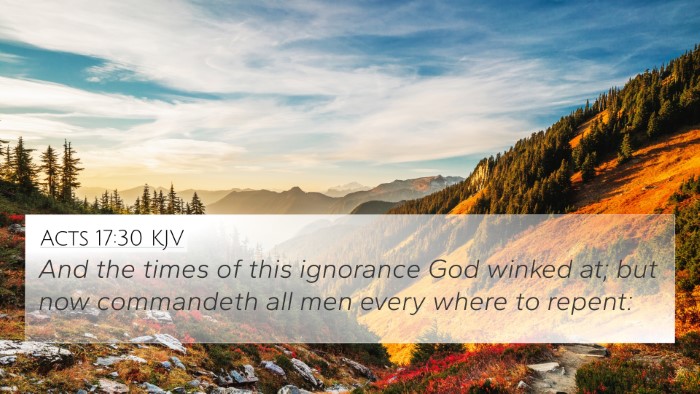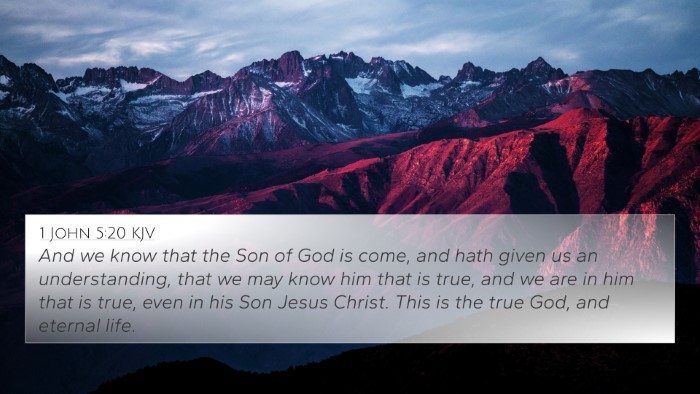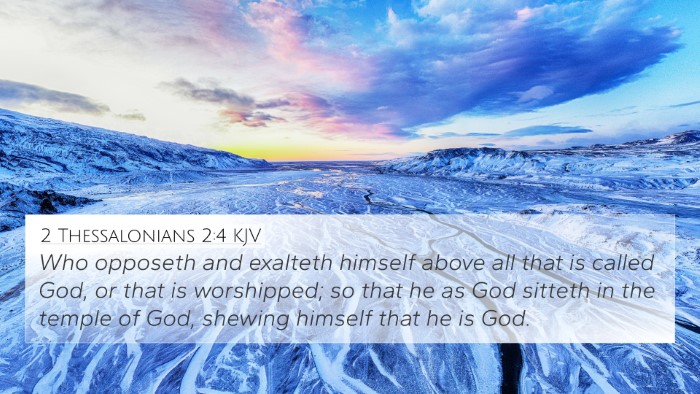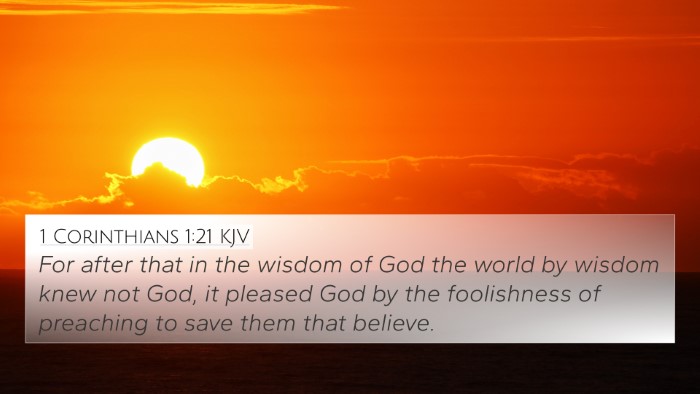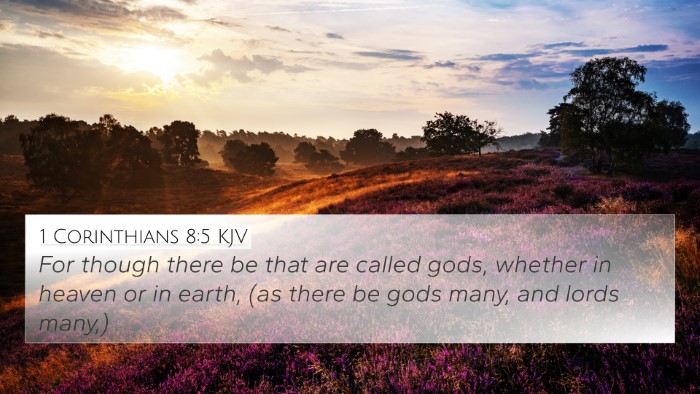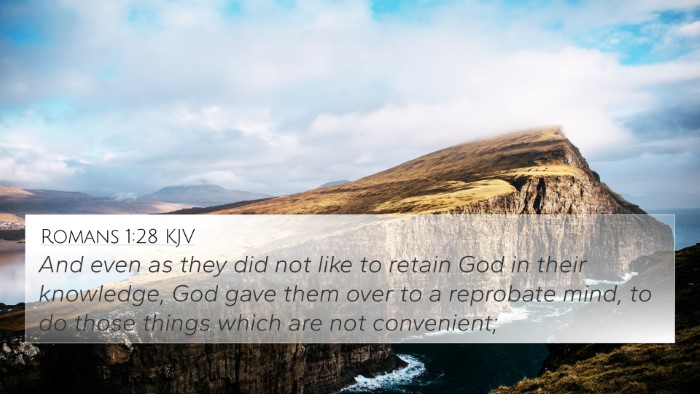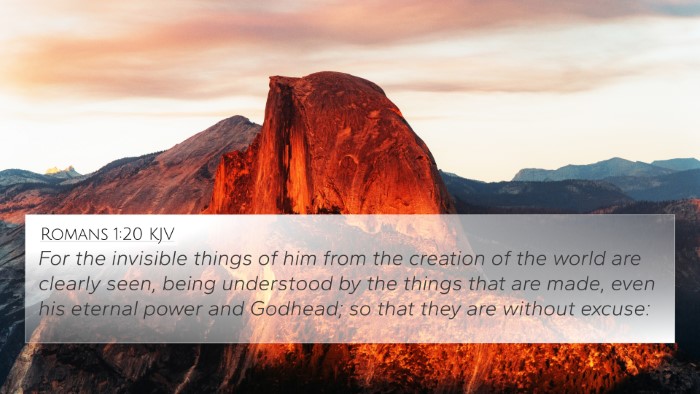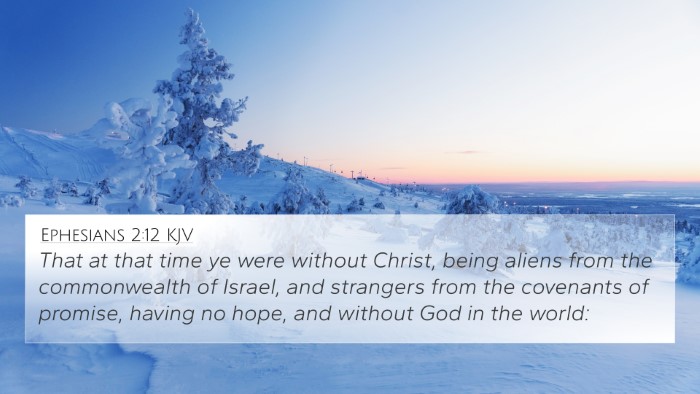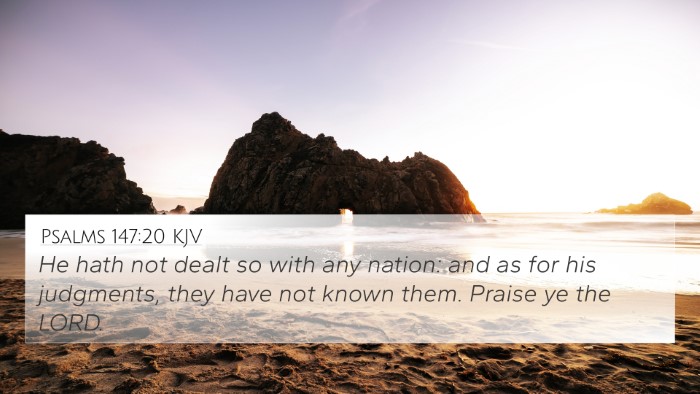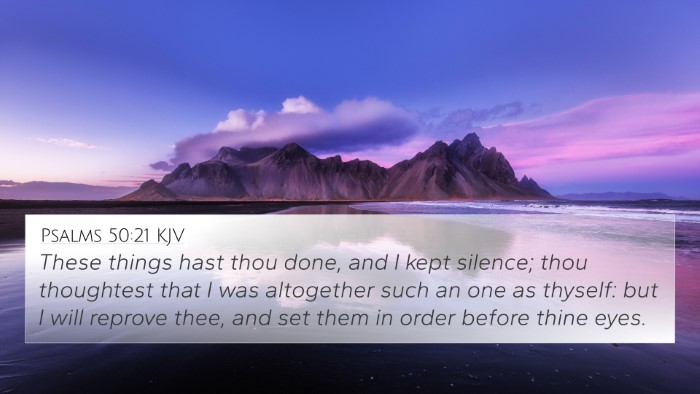Understanding Acts 17:23
Verse: "For as I passed by, and beheld your devotions, I found an altar with this inscription, TO THE UNKNOWN GOD. Whom therefore ye ignorantly worship, him declare I unto you." - Acts 17:23
This verse belongs to a significant moment in the Apostle Paul's ministry in Athens, where he encounters a culture rich in religious devotion yet deeply misinformed about the true God. It serves as a crucial illustration of his approach to evangelism amid a polytheistic society.
Key Insights from Commentaries
-
Matthew Henry:
Henry emphasizes the irony of idol worship, where the Athenians made an altar to an "unknown God," indicating their recognition of a higher power that they couldn't accurately identify. This openness presents a pathway for Paul's declaration of the One True God.
-
Albert Barnes:
Barnes points out how Paul's strategy in addressing the Athenians stems from their own practices. By connecting with their existing beliefs, he respectfully engages their curiosity about the divine and leads them towards the truth of God revealed in Christ.
-
Adam Clarke:
Clarke elaborates on the philosophical implications of the altar. He emphasizes that the Athenians, recognizing their lack of knowledge about the divine, were in a state of spiritual longing. Paul’s message is framed as a revelation, intended to fill this void.
Thematic Exploration
This verse is rich in themes related to God's nature, the importance of worship, and the quest for truth in a world filled with falsehoods. It raises several pertinent questions about how people approach the divine and understand their spiritual obligations.
Bible Verse Cross-References
- Romans 1:20: "For the invisible things of him from the creation of the world are clearly seen, being understood by the things that are made, even his eternal power and Godhead; so that they are without excuse."
- Jeremiah 10:14: "Every man is brutish in his knowledge: every founder is confounded by the graven image: for his molten image is falsehood, and there is no breath in them."
- John 17:3: "And this is life eternal, that they might know thee the only true God, and Jesus Christ, whom thou hast sent."
- Psalm 96:5: "For all the gods of the nations are idols: but the Lord made the heavens."
- Acts 4:12: "Neither is there salvation in any other: for there is none other name under heaven given among men, whereby we must be saved."
- 1 Corinthians 8:5-6: "For though there be that are called gods, whether in heaven or in earth, (as there be gods many, and lords many,) but to us there is but one God, the Father, of whom are all things, and we in him; and one Lord Jesus Christ, by whom are all things, and we by him."
- Isaiah 45:20-22: "Assemble yourselves and come; draw near together, ye that are escaped of the nations... Turn unto me, and be saved, all the ends of the earth: for I am God, and there is none else."
- Luke 19:10: "For the Son of man is come to seek and to save that which was lost."
- John 1:18: "No man hath seen God at any time; the only begotten Son, which is in the bosom of the Father, he hath declared him."
Conclusion
Acts 17:23 serves as a foundational text for understanding the nature of evangelism in a secular world. Paul adeptly links the spiritual yearning of the Athenians with the truth of the Gospel, emphasizing both their ignorance and their innate desire to connect with the divine. This passage not only highlights theological truths but also opens up avenues for comparative Bible verse analysis, wherein readers can discover connections between this New Testament text and the overarching narrative of scripture.
How to Use Bible Cross-References
Using Bible cross-references can deepen your understanding of scripture. By exploring related passages, you can uncover thematic connections and the continuity of God's message throughout the Bible. Consider utilizing a Bible concordance or a cross-reference Bible study guide to enhance your study time. This approach not only enriches personal devotion but can also inform sermon preparation and group teachings.
Exploring Inter-Biblical Dialogue
Acts 17:23 invites readers to explore the dialogue between Old and New Testament teachings, bridging ideas and themes such as common grace, the nature of God, and the relationship between Creator and creation. By understanding both contexts, believers can strengthen their faith and articulate their beliefs with clarity.
In striving to understand this verse fully, believers not only engage with the text but also open pathways to explore additional scripture, forming a richer tapestry of divine revelation.
